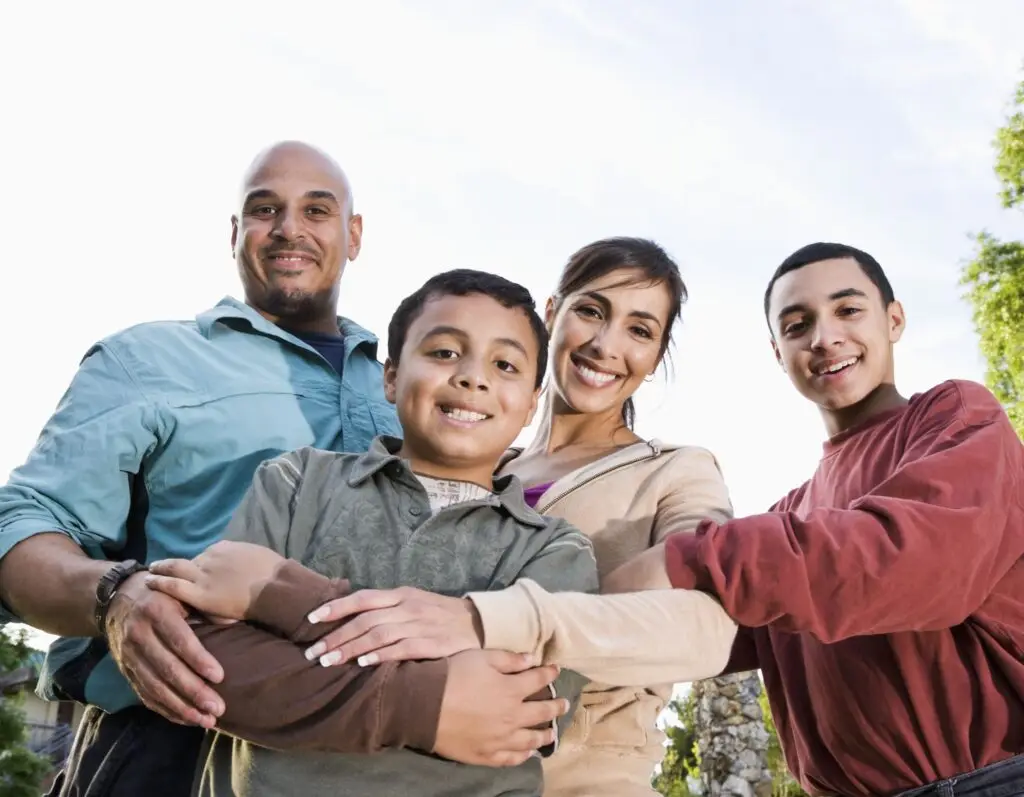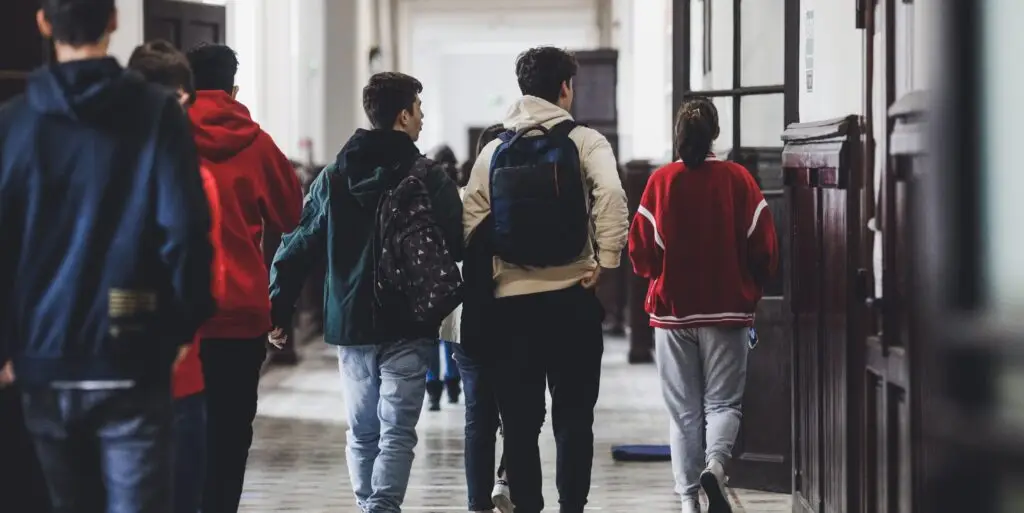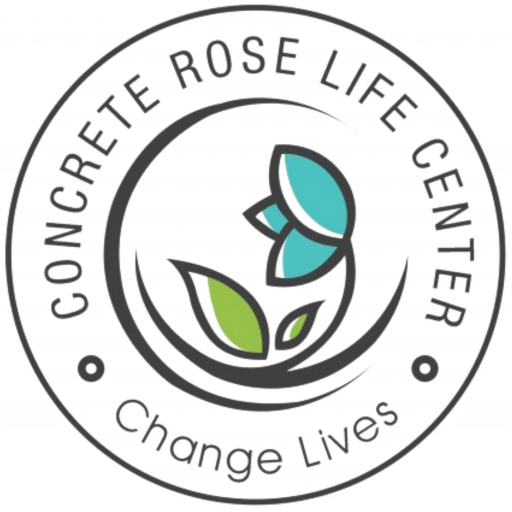
Bridging Connections SEL Groups
The Bridging Connections program focuses on the core principles of Social-Emotional Learning (SEL) to help students build a strong foundation for success. We create a supportive small-group environment where students can develop critical skills for managing emotions, building positive relationships, and making responsible decisions.
Program Focus: Prioritizing responsible decision-making, self-control, and social awareness.
Key Benefits:
Equips members with strategies to cope with life’s challenges.
Improves focus and academic performance.
Fosters a greater sense of self-awareness and empathy for others.
Ideal For: Students who would benefit from enhanced social skills, emotional regulation, and a stronger connection to their school community.

MCV Residential Support
Our Residential Treatment Facility provides a structured, therapeutic living environment for children and adolescents with a primary diagnosis of mental illness or emotional disturbance. Using a system-of-care approach, we focus on building the essential skills needed for a successful return to a family or community setting.
Program Focus: 24/7 therapeutic care and skill-building in a residential setting.
Key Benefits:
Provides a safe, stable, and structured living environment.
Offers intensive training in self-control, communication, social skills, and recreational activities.
Coordinates care with families, schools, and other agencies to ensure a seamless transition home.
Ideal For: Children and adolescents who require a higher level of care than can be provided in an outpatient or home setting to stabilize and develop critical life skills.

Family Engagement: Intensive In-Home Services
This program delivers therapeutic support directly in a student’s home or community setting. It offers a comprehensive and intensive approach for children and adolescents facing significant emotional, behavioral, or mental health challenges, working closely with the entire family unit.
Program Focus: Addressing severe challenges within the context of the family and home environment.
Key Benefits:
Provides therapy and crisis management in a familiar setting.
Works with parents and caregivers to develop effective strategies and create a stable home environment.
Helps prevent the need for out-of-home placement.
Ideal For: Families with children experiencing significant emotional or behavioral difficulties who need intensive, in-home therapeutic intervention.

Re-Entry Program
The CRLC Re-entry Program is designed to support students as they transition back into the classroom following a disciplinary action, such as an in-school or out-of-school suspension. Our goal is to provide a structured and supportive return, addressing the underlying challenges to promote positive behavior and reduce repeat incidents.
Program Focus: A successful and supported transition back to school, reducing recidivism.
Key Benefits:
Provides individualized resources and support to address educational and mental health needs.
Promotes self-awareness and personal accountability.
Enhances overall school safety by fostering a positive re-entry process.
Ideal For: Students returning from suspension who need additional support to reintegrate successfully and get back on track.

100 Youth Council
We are excited to introduce the 100 Youth Council Program, a dynamic 9-week initiative designed to empower student leaders to understand and address the root causes of violence in our communities. This advisory program gives students a voice and the tools to become agents of positive change. Community Program with Mecklenburg County
Program Focus: Student-led exploration of violence prevention and community building.
Curriculum Overview:
Weeks 1-3: Understanding the roots of violence, including gun and community violence.
Weeks 3-6: Examining the role of social media and traditional media in violence, and the connection between mental health and violence.
Weeks 6-9: Addressing violence in schools, creating safe communal spaces, and understanding dating and intimate partner violence
Ideal For: Motivated students who want to engage in critical dialogue, develop leadership skills, and contribute to safer schools and communities.
